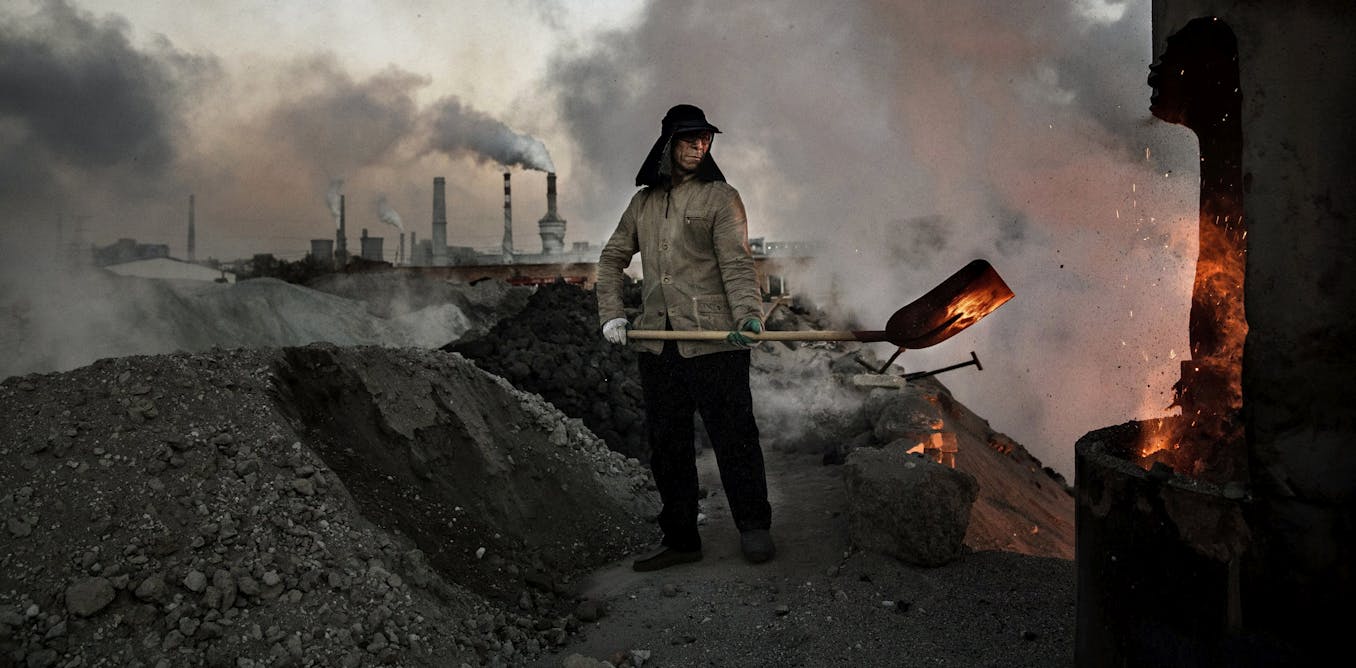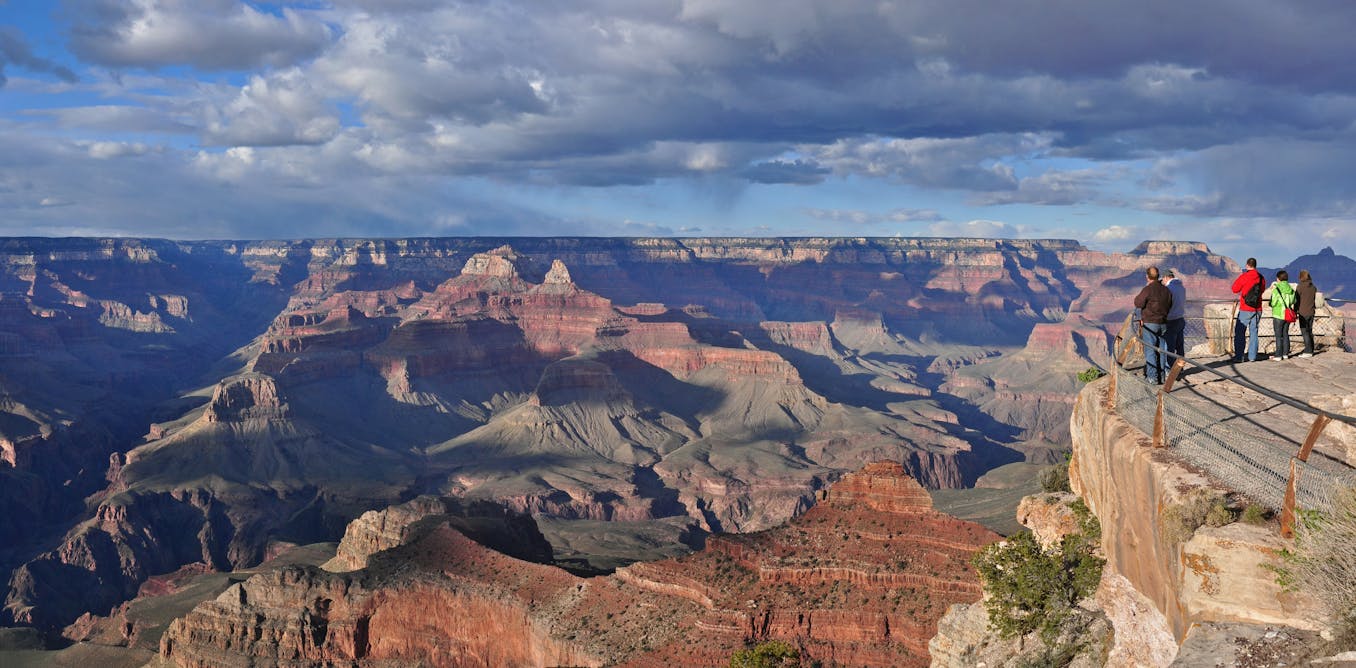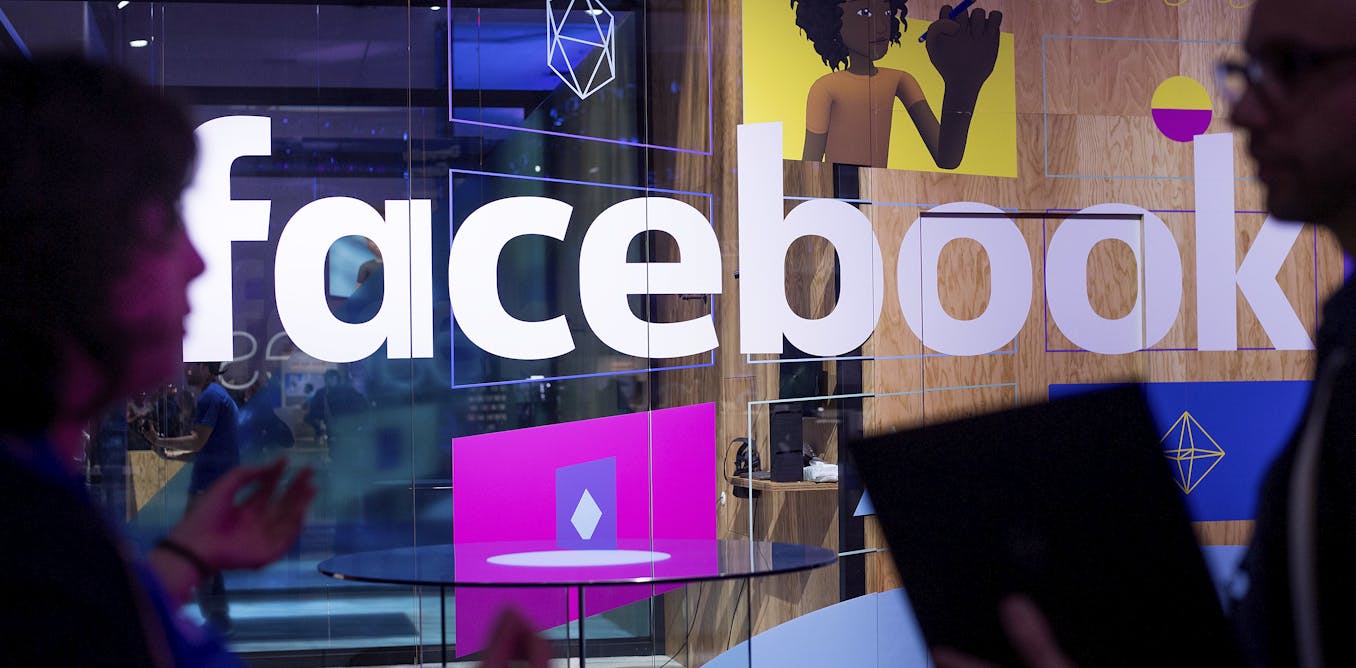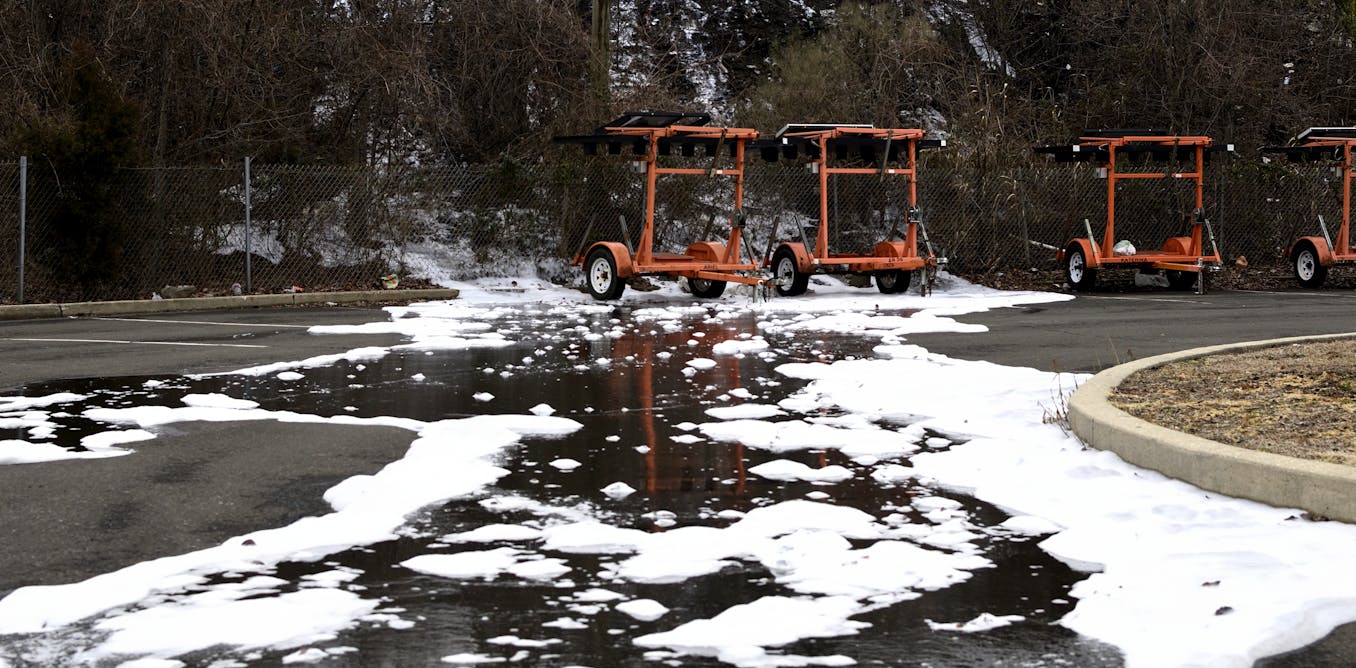5 years after Paris: How countries’ climate policies match up to their promises, and who's aiming for net zero emissions
Bold visions for slowing global warming have emerged from all over the world. What's not clear is how countries will meet them.
Dec. 10, 2020 • ~9 min
On environmental protection, Biden's election will mean a 180-degree turn from Trump policies
The Trump administration has used executive orders, deregulation and delays to reduce environmental regulation. Biden administration officials will use many of the same tools to undo their work.
Nov. 12, 2020 • ~6 min
Delinquent electric bills from the pandemic are coming due – who will pay them?
Many Americans have been unable to pay their electric bills during the COVID-19 pandemic, racking up billions of dollars in delinquent bills. Where will the money come from?
Nov. 6, 2020 • ~9 min
How tech firms have tried to stop disinformation and voter intimidation – and come up short
The major social media firms have taken a largely piecemeal and fractured approach to managing the problem.
Nov. 2, 2020 • ~9 min
There is a revolving door between industry and regulators, but does that really make for a 'cosy relationship'?
People often leave industry watchdogs to work for the very companies they were previously regulating.
Oct. 30, 2020 • ~6 min
There's a 'revolving door' between industry and regulators, but its effects aren't as strong as you think
People often leave industry watchdogs to work for the very companies they were previously regulating.
Oct. 30, 2020 • ~6 min
PFAS 'forever chemicals' are widespread and threaten human health – here's a strategy for protecting the public
PFAS chemicals are toxic, widespread and persistent in the environment, and the federal government has been slow to regulate them. A scientist explains why evaluating them one by one isn't working.
Oct. 9, 2020 • ~9 min
Looser standards for showerheads could send a lot of water and money down the drain
The Trump administration is trying to roll back a regulation that requires showerheads to conserve water and saves owners an average of $70 and nearly 3,000 gallons of water yearly per showerhead.
Sept. 2, 2020 • ~8 min
Cyberspace is critical infrastructure – it will take effective government oversight to make it safe
Self-regulation by the technology industry has failed to keep people safe online. That's a job for government.
Aug. 10, 2020 • ~8 min
/
21









